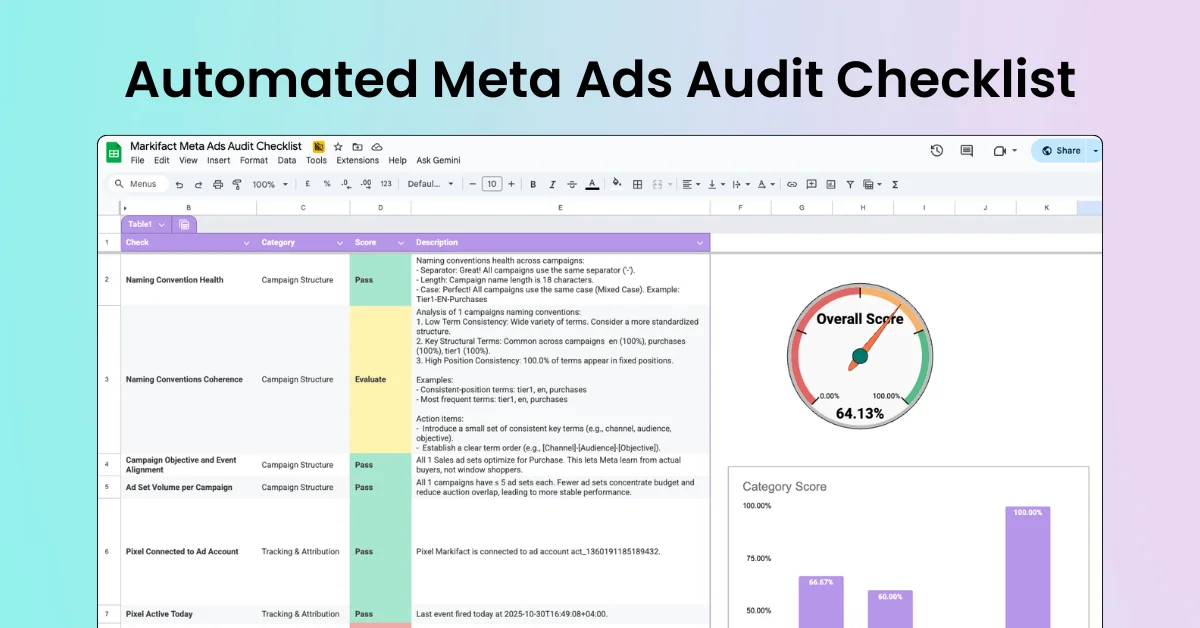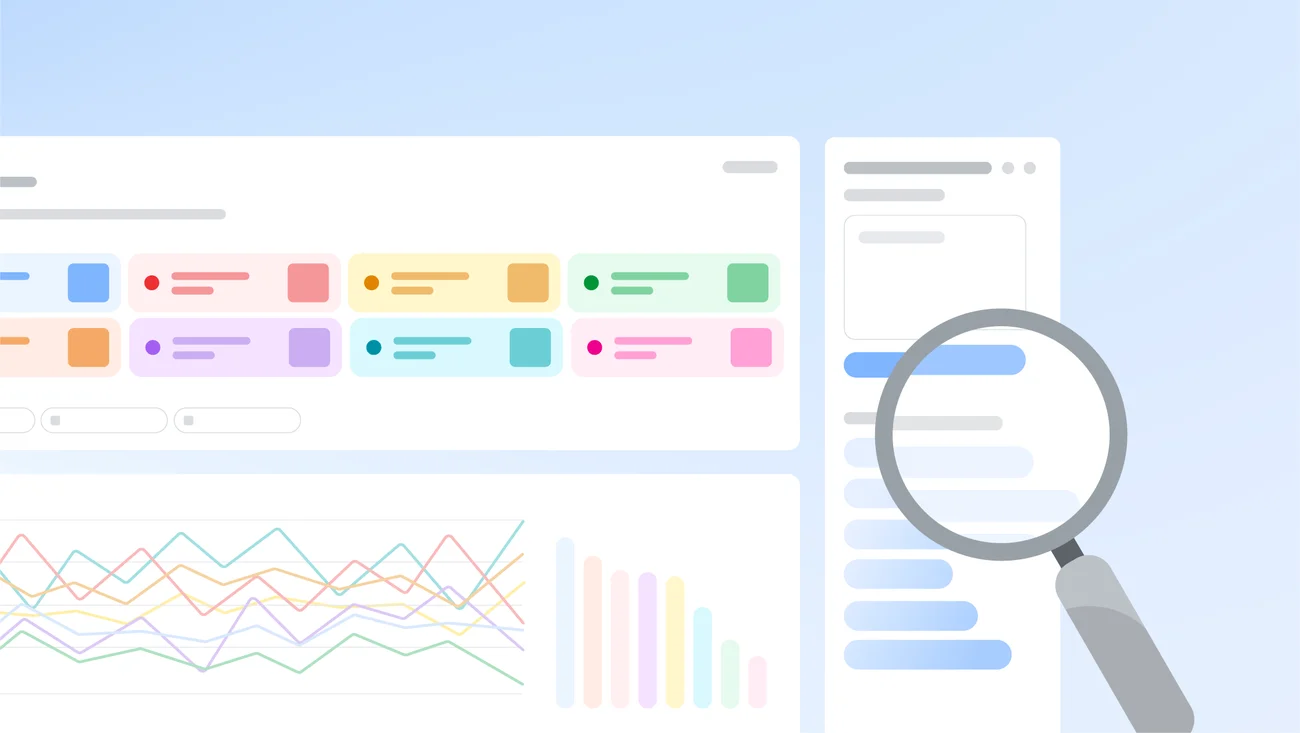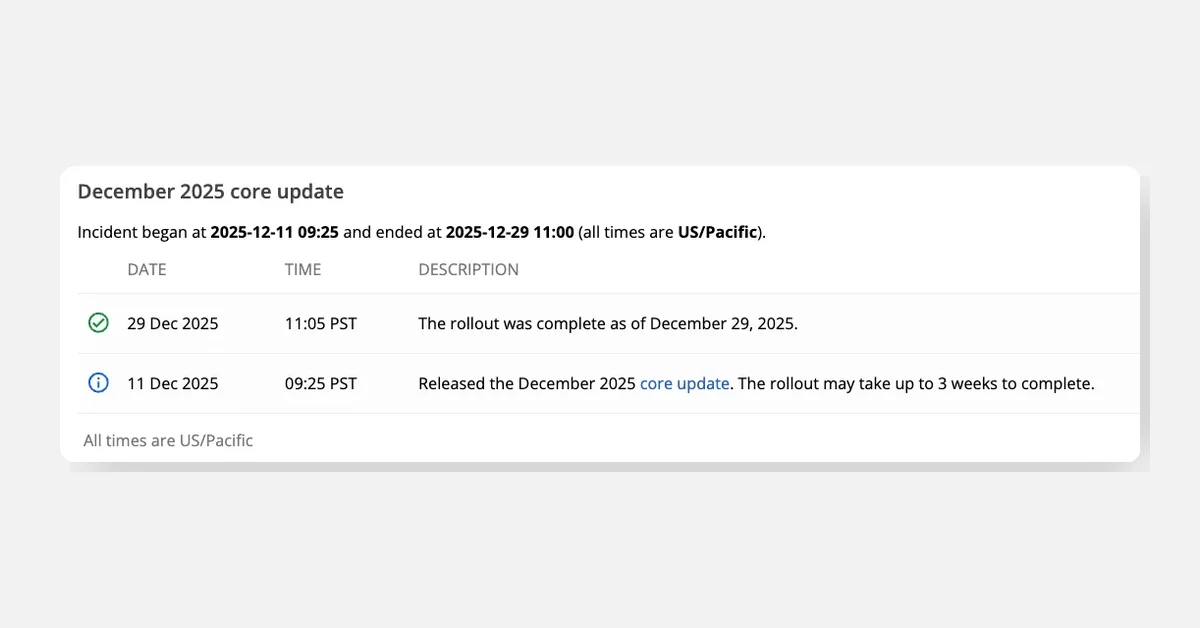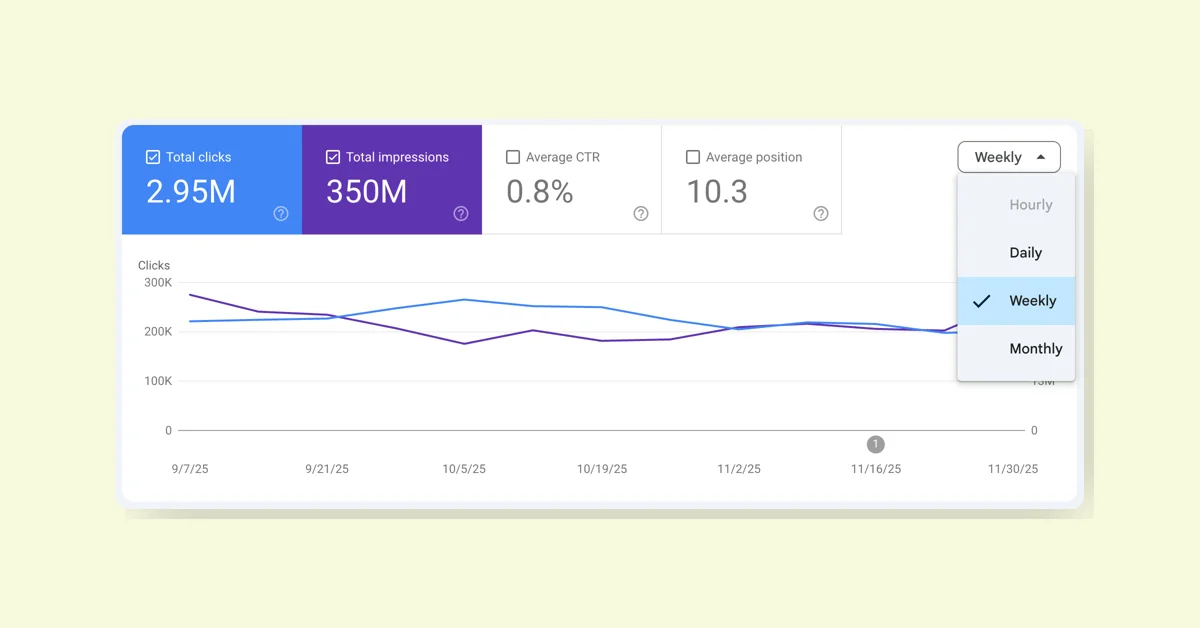The US Department of Justice (DOJ) is contemplating breaking up Alphabet Inc.'s Google following a landmark court ruling that found the company monopolized the online search market. This would be the first such action since the attempt to dismantle Microsoft Corp. two decades ago. Other less severe measures being considered include requiring Google to share more data with competitors and preventing it from gaining an unfair advantage in AI products.
Key Points
- Court Ruling: Judge Amit Mehta ruled on August 5 that Google illegally monopolized the online search and search text ads markets. Google plans to appeal but must prepare for the second phase of the case, which involves the government's proposals for restoring competition.
- Potential Breakup: If the DOJ proceeds with a breakup, possible units for divestment include the Android operating system and the Chrome web browser. There is also consideration of forcing a sale of AdWords, the platform Google uses for text advertising.
- Exclusive Contracts: The DOJ will likely seek a ban on exclusive contracts that were central to the case against Google. These contracts have been found to prevent other search engines from competing effectively.
- Data Sharing: Another remedy could involve requiring Google to divest or license its data to rivals like Microsoft's Bing or DuckDuckGo. This would address the issue of Google's contracts ensuring it gets the most user data, which hinders competitors.
- AI Products: The DOJ is concerned that Google's dominance in search gives it an advantage in developing AI technology. The government might seek to stop Google from forcing websites to allow their content to be used for AI products in order to appear in search results.
- Financial Impact: Alphabet shares fell as much as 2.5% in after-hours trading following the news.
Background and Context
- Previous Cases: The DOJ's first case against AT&T in 1956 required the company to provide royalty-free licenses to its patents. In the antitrust case against Microsoft, the settlement required the company to make some of its APIs available to third parties for free.
- Global Perspective: Europe's digital gatekeeper rules have imposed similar requirements on Google to make some of its data available to third-party search engines.
Implications
- Market Impact: A forced breakup of Google would be the most significant since AT&T was dismantled in the 1980s.
- Legal and Business: The DOJ's actions could set a precedent for future antitrust cases involving tech giants.
Conclusion
The DOJ's deliberations on breaking up Google mark a significant moment in antitrust enforcement, with potential wide-ranging implications for the tech industry and market competition.



















